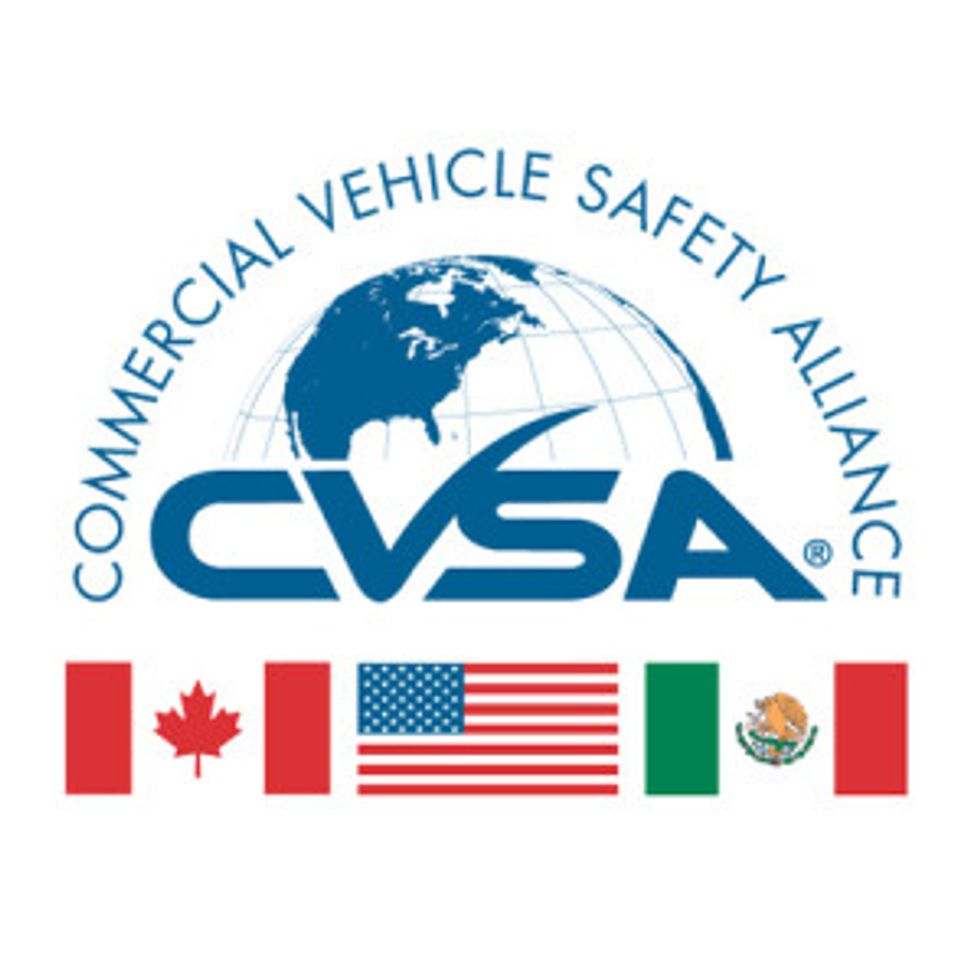CVSA Roadcheck 2025: Are You Ready?
The Commercial Vehicle Safety Alliance’s 2025 International Roadcheck event is scheduled for May 13-15, and this year, inspectors plan to focus on tires and false record of duty status (RODS). Each year, CVSA places a special emphasis on one driver violation category and one vehicle violation category. During the 72-hour safety blitz, law enforcement will primarily conduct the North American Standard Level I Inspection on commercial motor vehicles and drivers at weigh/inspection stations, temporary sites and mobile patrols.
Avoiding Tire Violations
Tires play a vital role in nearly every aspect of trucking — from safety and fuel economy to vehicle performance and uptime. During International Roadcheck, inspectors will check tires’ tread depth and inflation. They will also be looking for tire damage, such as air leaks, tread separation, cuts, bulges, sidewall damage and improper repairs.
Regular inspections, including pre- and post-trip inspections, are essential for tire performance. Penske Truck Leasing’s maintenance technicians check tires, including tire pressure, before a vehicle leaves a maintenance facility.
Correct tire pressure is one of the most important factors in ensuring tire performance, maximizing fuel economy and improving safety. Underinflated tires increase rolling resistance and fuel consumption, while overinflated tires are more susceptible to punctures and uneven wear. Both can lead to tire failures, which are the most common cause of roadside breakdowns.
In addition to checking tire pressures, CVSA recommends drivers and fleets check tires for damage, such as cuts and bulges, and check rims for cracks or bends and loose or damaged lug nuts. The agency said inspectors will be checking for belt material or casing ply exposed in the tread or sidewall, tread or sidewall separation, and bulges in the sidewall.
Inspectors will also check for low tread depth. Penske recommends replacing tires before they reach DOT minimums — specifically at 5/32" for steer tires and 3/32" for drive and trailer tires. DOT standards require at least 4/32" tread depth for steer tires and 2/32" for drive and trailer tires.
Avoiding Record of Duty Status Violations
Hours-of-service (HOS) regulations are in place to limit driving hours and mandate rest breaks to prevent commercial motor vehicle drivers from operating vehicles while fatigued, but the regulations are only effective when drivers accurately reflect their times and duty statuses in their RODS.
To ensure compliance with HOS regulations, drivers must record their RODS for each 24-hour period and accurately reflect their times and duty statuses. Logs must be kept current by showing each change in duty status, and failure to record, complete or retain the log, or knowingly falsifying logs or other related reports, is a driver out-of-service violation.
While checking a driver’s RODS for HOS compliance, inspectors will also check for electronic logging device tampering, including driving while not logged in, disconnected devices and improper edits, improper use of the personal conveyance special driving category, and improper use of other exceptions, including adverse driving conditions. Inspectors will also be looking for drivers who are recording off-duty time while performing work for a motor carrier or non-motor carrier.
CVSA has created a vehicle inspection “cheat sheet” and driver inspection “cheat sheet” that offer recommendations for preparing for roadside inspections.

 Each year, the International Roadcheck emphasizes one aspect of potential violations. This year's emphasis is on tire safety. Inspectors will look for tire tread depth, tire pressure and proper clearance between tires, and examine the overall condition of the tires for things like cuts and bulges. While checking the tires of a vehicle is always a part of roadside inspections, CVSA is highlighting tire safety as a reminder to all drivers and carries of just how important it is.
Each year, the International Roadcheck emphasizes one aspect of potential violations. This year's emphasis is on tire safety. Inspectors will look for tire tread depth, tire pressure and proper clearance between tires, and examine the overall condition of the tires for things like cuts and bulges. While checking the tires of a vehicle is always a part of roadside inspections, CVSA is highlighting tire safety as a reminder to all drivers and carries of just how important it is.